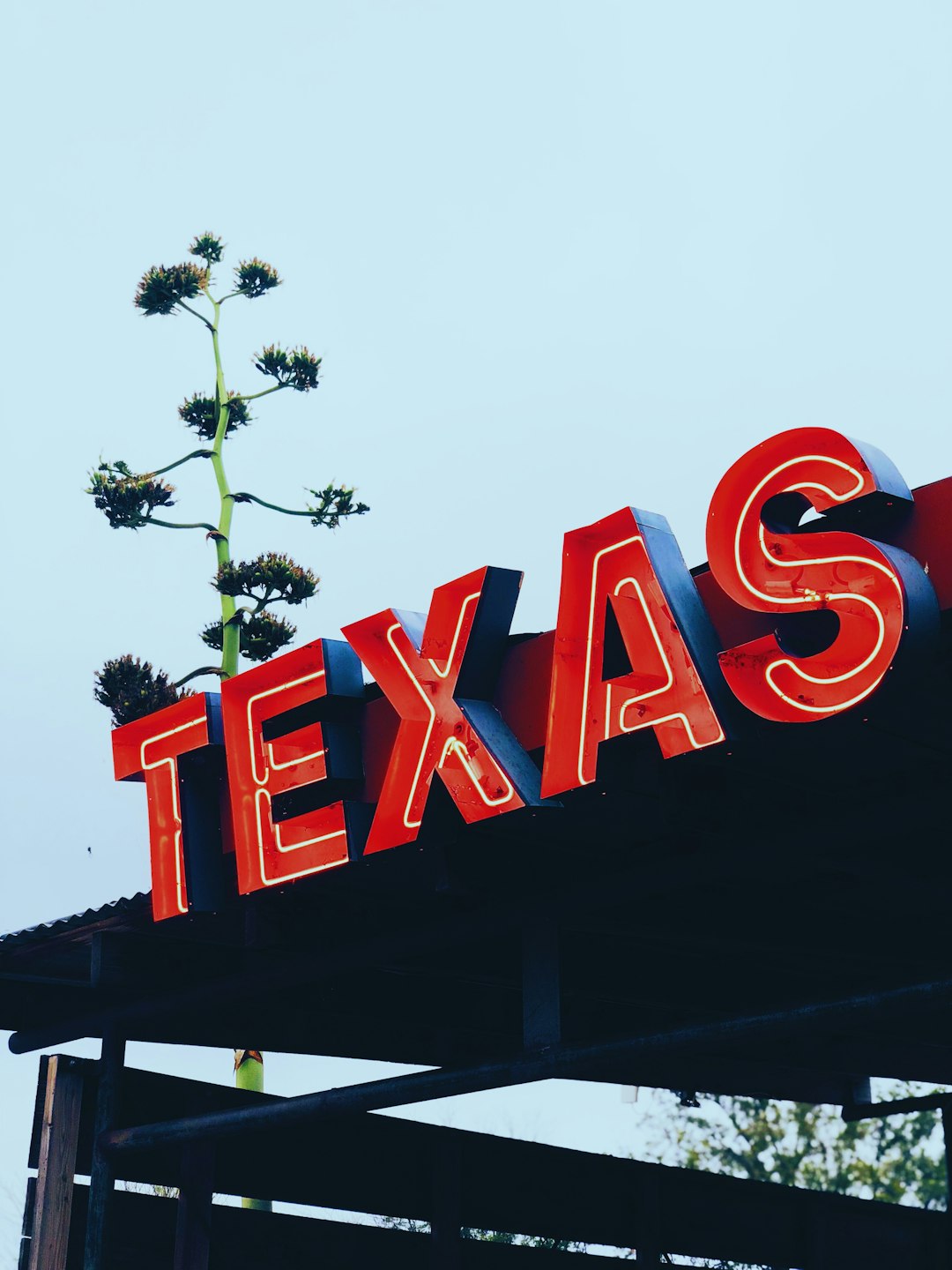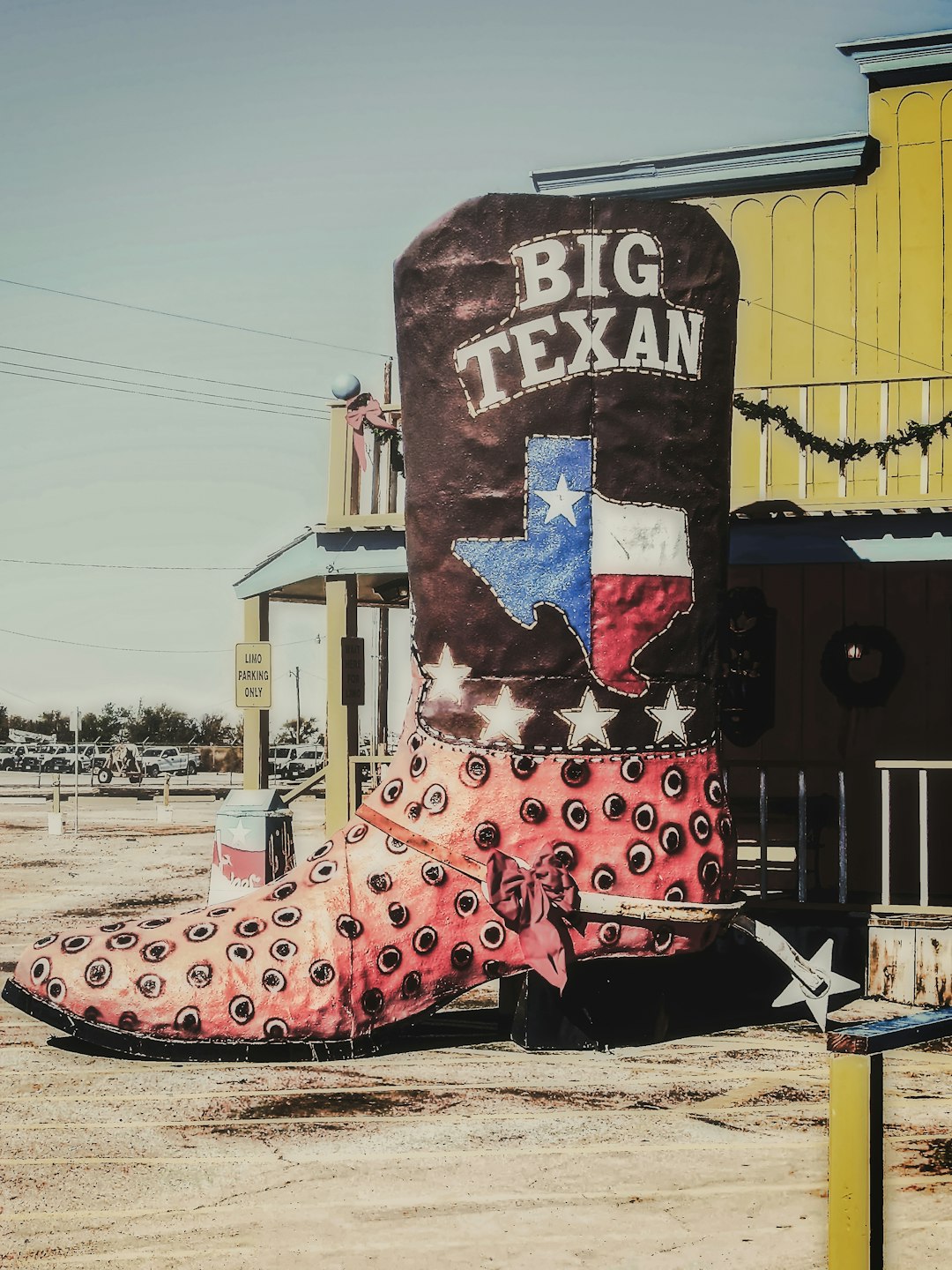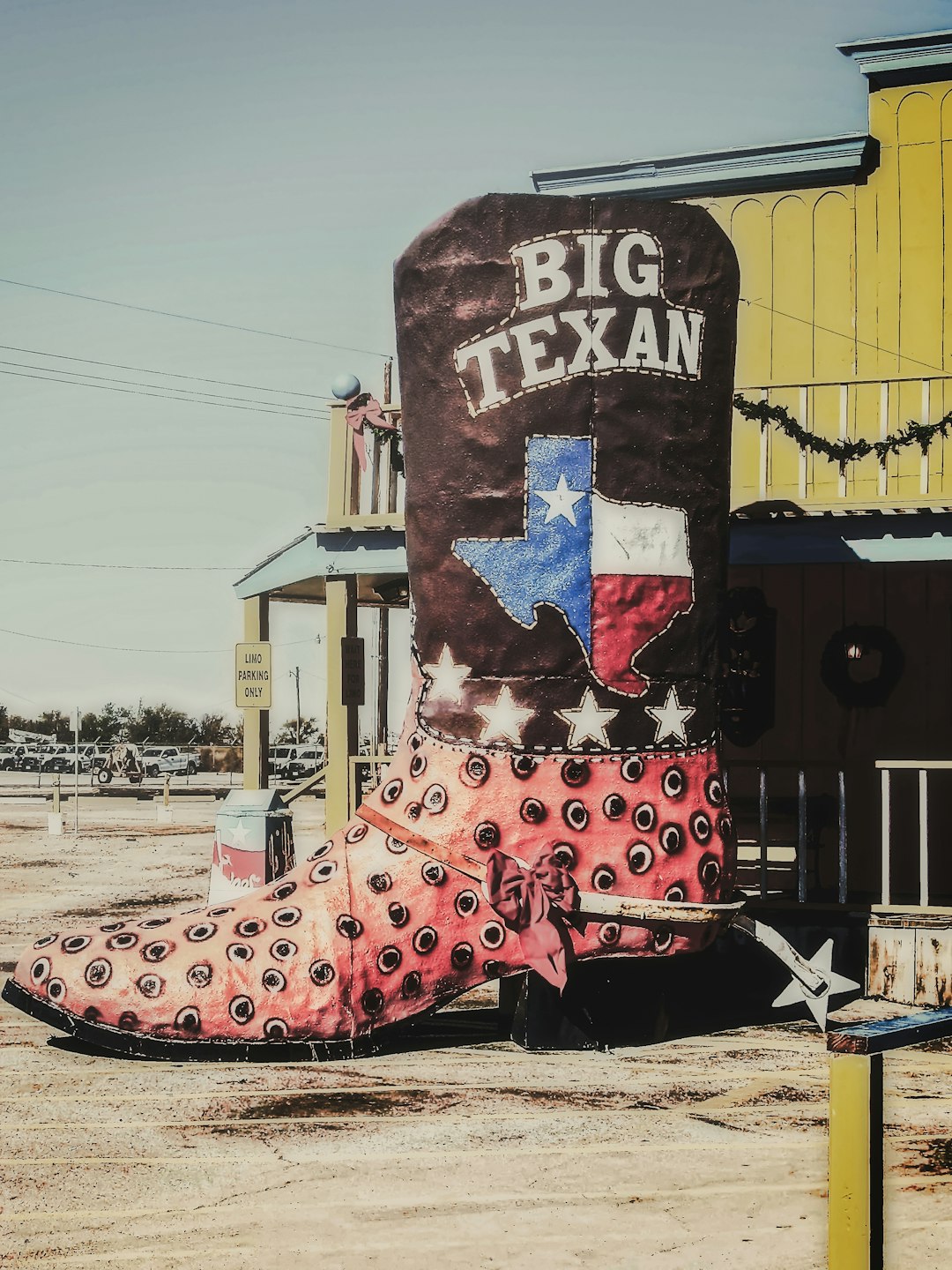Sexual assault is a pressing issue in marine biology research, with field settings posing unique risks. Texas' stringent sexual assault laws and specialized law firms highlight societal zero-tolerance policies. Preventive measures on vessels include clear policies, consent education, training, and physical barriers. Comprehensive workshops, partnerships with sexual assault law firms Texas, and proactive collaborations in Corpus Christi aim to foster a culture of respect and accountability, ensuring safety for researchers.
“In addressing sexual assault within the specialized realm of marine biology research, Corpus Christi emerges as a beacon of initiative. This comprehensive guide explores effective strategies tailored to combat this pervasive issue. From understanding the unique dynamics of sexual assault in marine environments to implementing robust preventive protocols on research vessels, we delve into legal frameworks and support systems available in Texas, alongside crucial collaborations with sexual assault law firms. By harnessing these measures, the marine biology community can foster a safer, more inclusive research landscape.”
Understanding the Prevalence of Sexual Assault in Marine Biology

The marine biology research field, often perceived as a realm of adventure and exploration, unfortunately faces a significant challenge in the form of sexual assault. Despite the vast ocean’s mysteries beckoning scientists, the reality of this issue cannot be overlooked. Many scientific studies have revealed that sexual harassment and assault are prevalent within academic settings, including marine biology. This problem is not unique to Texas, where sexual assault law firms play a crucial role in advocating for victims’ rights, but it impacts researchers across diverse locations.
The secluded nature of field research expeditions can create an environment conducive to power imbalances and abuse. Marine biologists, especially early-career scientists, may find themselves vulnerable to harassment and assault due to the hierarchical structure within research teams and the reliance on mentors or supervisors for guidance and career advancement. Recognizing this pervasive problem is a critical first step toward implementing effective strategies to prevent and address sexual misconduct in marine biology and other scientific fields.
Legal Frameworks and Support Systems in Texas

Texas, with its stringent sexual assault laws, offers a robust legal framework to protect individuals from such heinous crimes. The state has stringent penalties for offenders, reflecting society’s zero-tolerance policy towards sexual violence. Many sexual assault law firms Texas are dedicated to advocating for victims’ rights and ensuring they receive the justice they deserve. These legal professionals play a pivotal role in navigating the complex judicial system, providing essential support during what can be an emotionally traumatic experience.
Support systems in Texas extend beyond legal avenues, with various non-profit organizations and community groups actively working to raise awareness, provide counseling services, and offer safe spaces for victims of sexual assault. These initiatives foster a culture of resilience and empowerment, empowering individuals to speak out and seek the help they need.
Implementing Preventive Measures on Research Vessels

Implementing preventive measures on research vessels is a critical component in addressing sexual assault within the marine biology field. Similar to other workplaces, including those run by sexual assault law firms Texas, creating a safe environment starts with clear policies and communication. This involves educating all crew members about consent, personal boundaries, and available resources for reporting incidents. Regular training sessions should be conducted to ensure everyone is up-to-date on protocols, especially when navigating remote areas where help may be limited.
Physical barriers and security measures can also play a significant role in prevention. Vessels should be equipped with well-lit spaces, secure storage for personal items, and emergency communication systems. Additionally, having designated safe rooms or areas where individuals can retreat if they feel uncomfortable or unsafe can significantly deter potential assaulters. These proactive steps, coupled with an open dialogue about consent and safety, are essential in fostering a culture that does not tolerate sexual assault on research vessels.
Training and Education for Researchers and Students

In addressing sexual assault within the marine biology research field, Corpus Christi emphasizes comprehensive training and education as foundational strategies. Workshops focused on recognizing consent, understanding power dynamics, and responding appropriately to allegations are crucial for both researchers and students. These educational initiatives aim to foster a culture of respect, accountability, and support, where everyone involved in research is equipped with the knowledge to prevent and manage incidents of sexual misconduct effectively.
Additionally, partnerships with local sexual assault law firms in Texas play a vital role in equipping individuals with legal awareness. Through these collaborations, researchers and students gain insights into their rights and available resources, empowering them to report and seek justice for any form of sexual assault experienced or witnessed within the field. Such proactive measures contribute to creating a safer environment where marine biology research can thrive without compromising ethical standards or individual well-being.
Collaborating with Sexual Assault Law Firms in Texas

In addressing the complex issue of sexual assault within the marine biology research field, Corpus Christi takes a proactive approach by collaborating with leading sexual assault law firms in Texas. These partnerships are strategic, leveraging the expertise and resources of legal professionals specializing in handling sensitive cases involving scientific institutions. By enlisting the support of sexual assault law firms based in Texas, Corpus Christi ensures that victims have access to comprehensive legal aid tailored to their unique needs.
Such collaborations foster a robust network dedicated to safeguarding researchers and promoting accountability within the field. This initiative not only provides crucial legal assistance but also serves as a powerful deterrent, emphasizing the university’s commitment to fostering a safe and respectful environment for all individuals involved in marine biology research.






